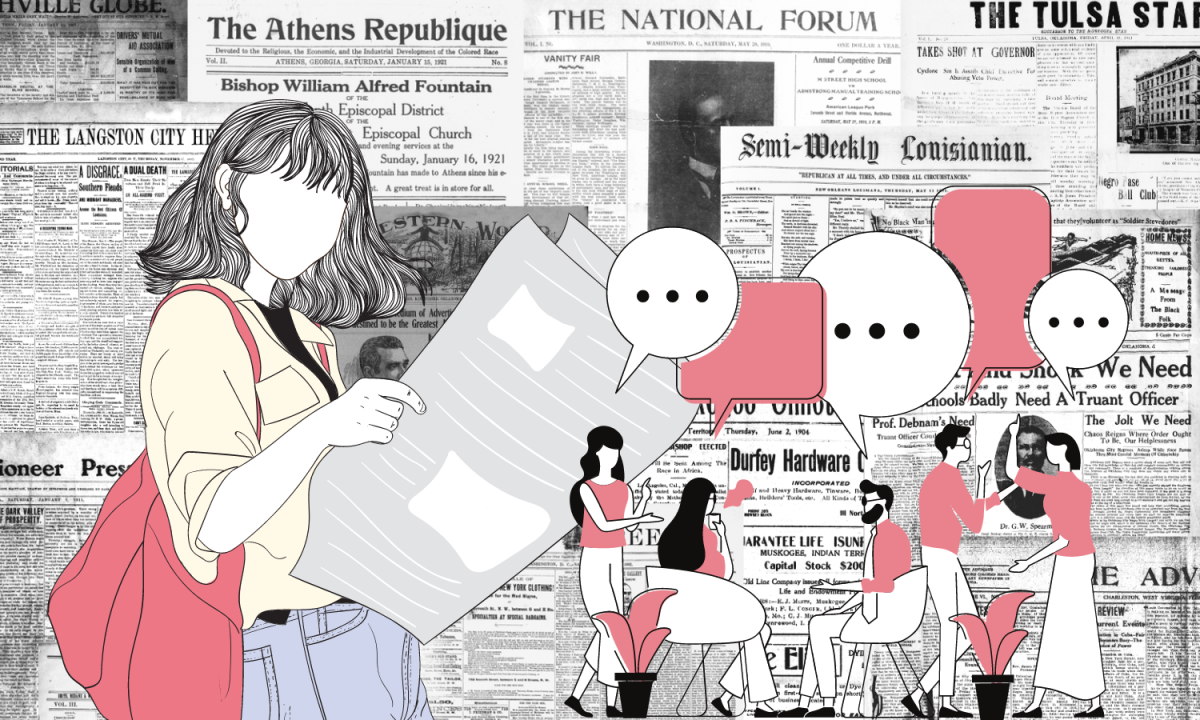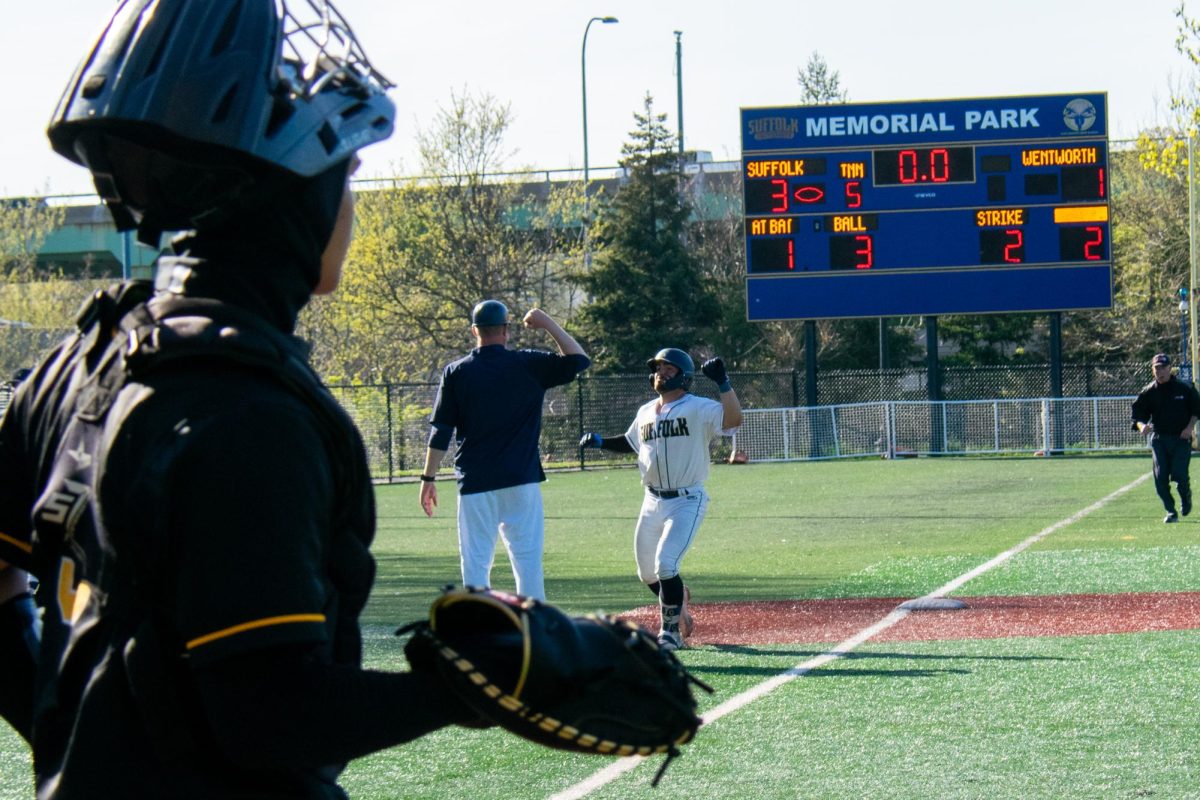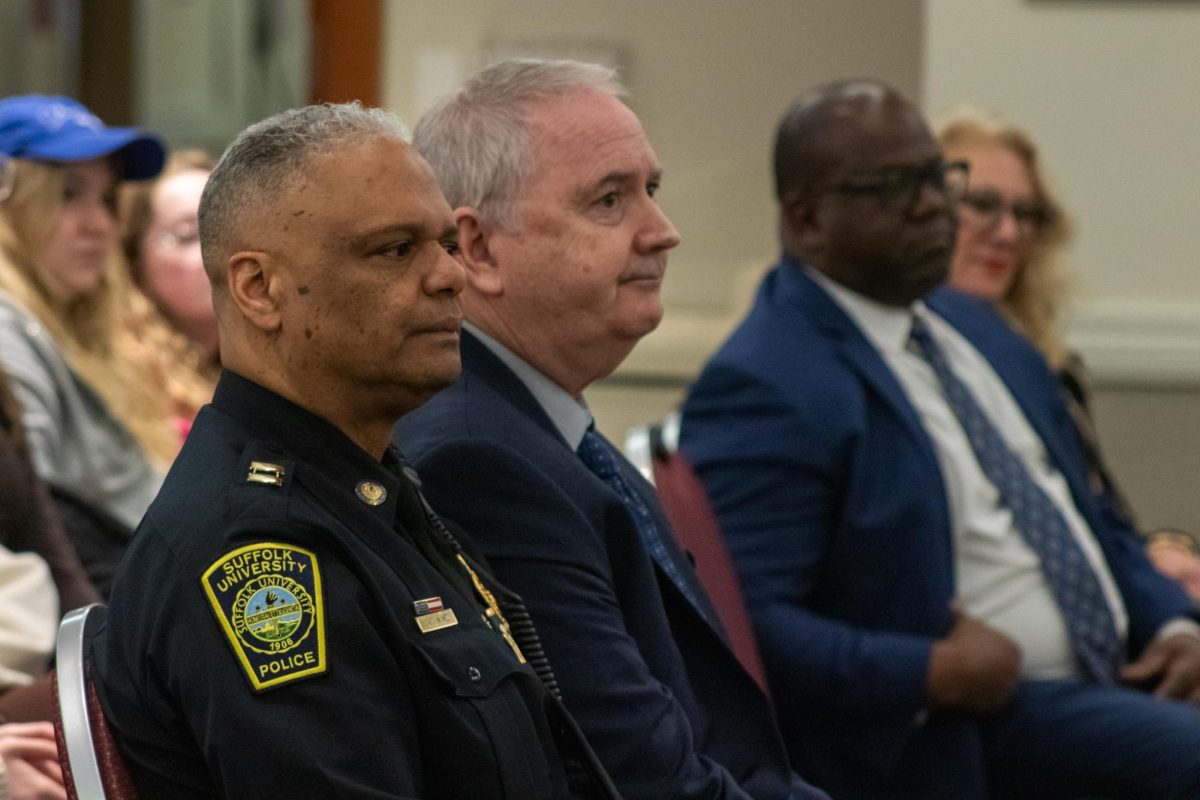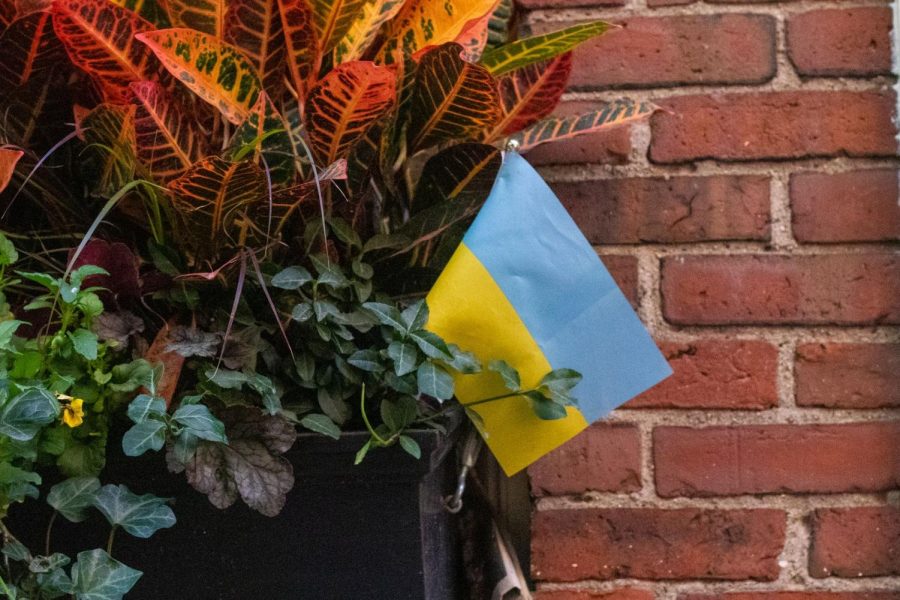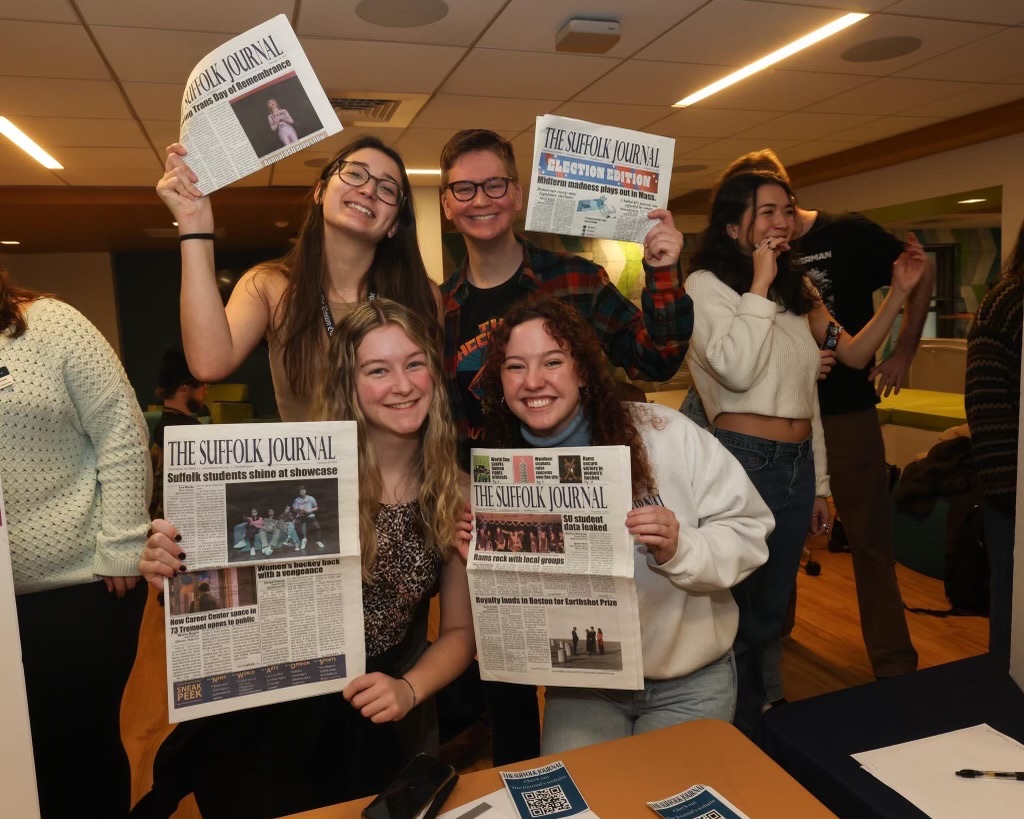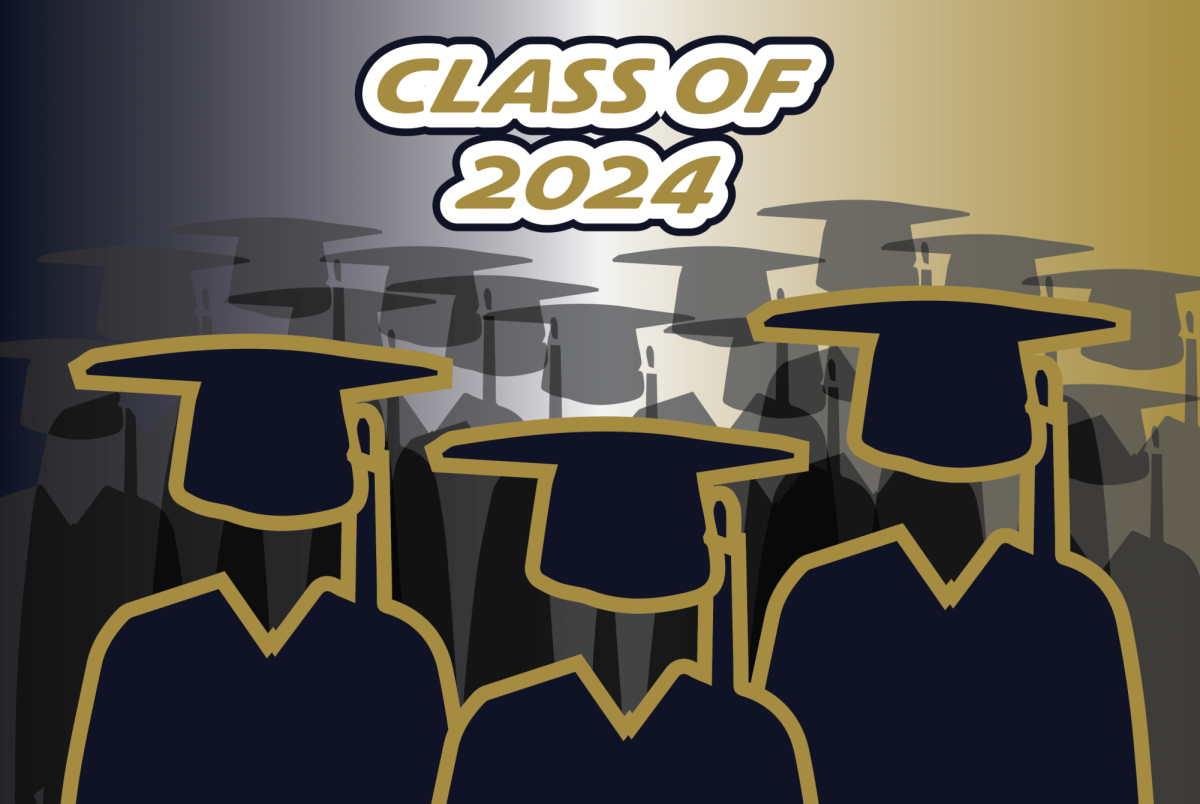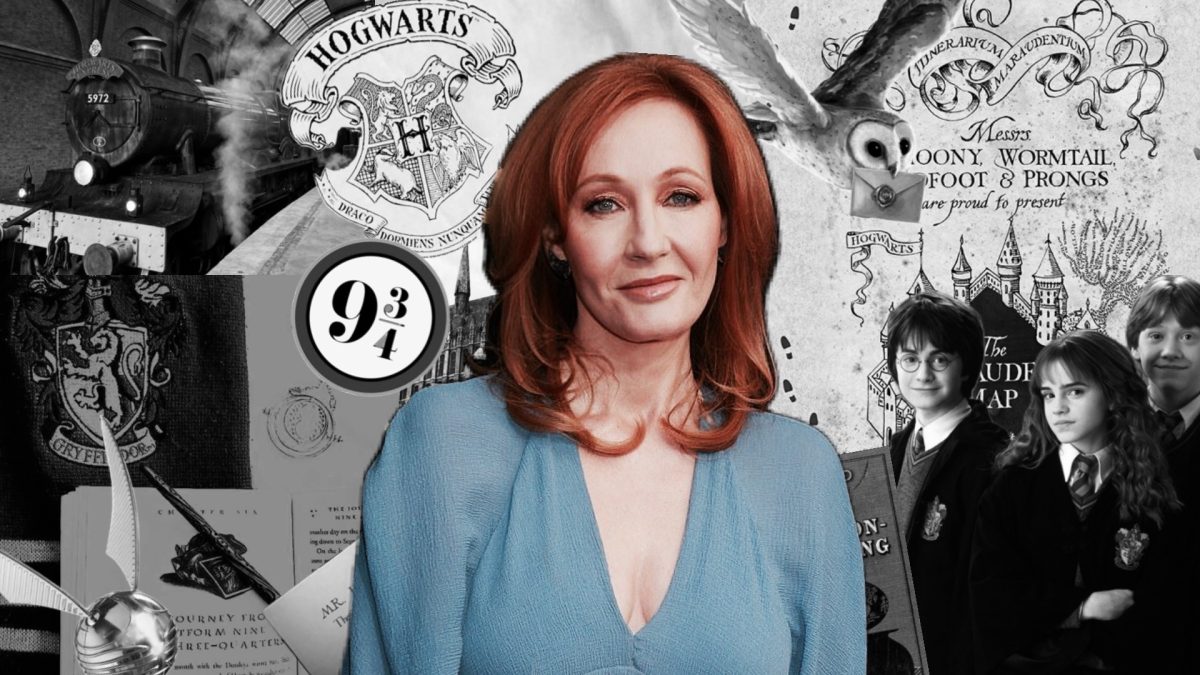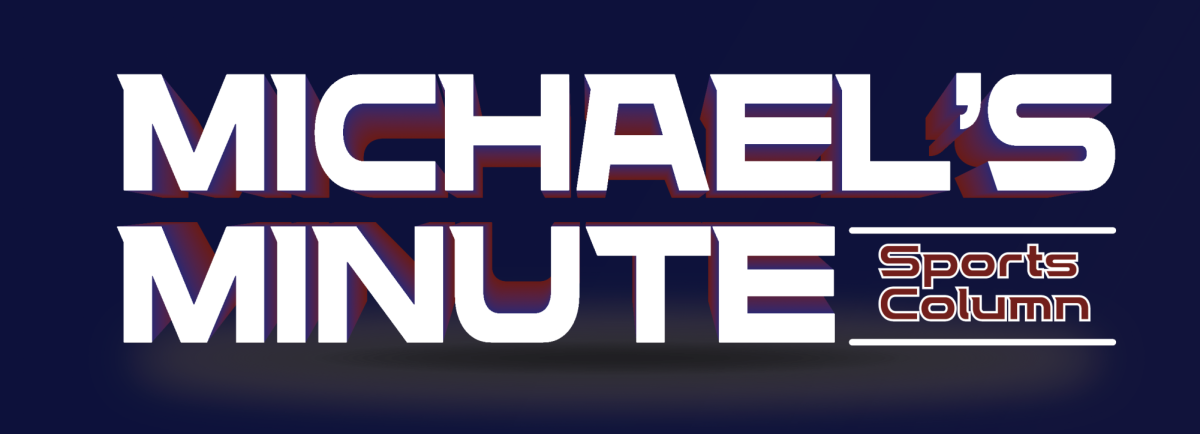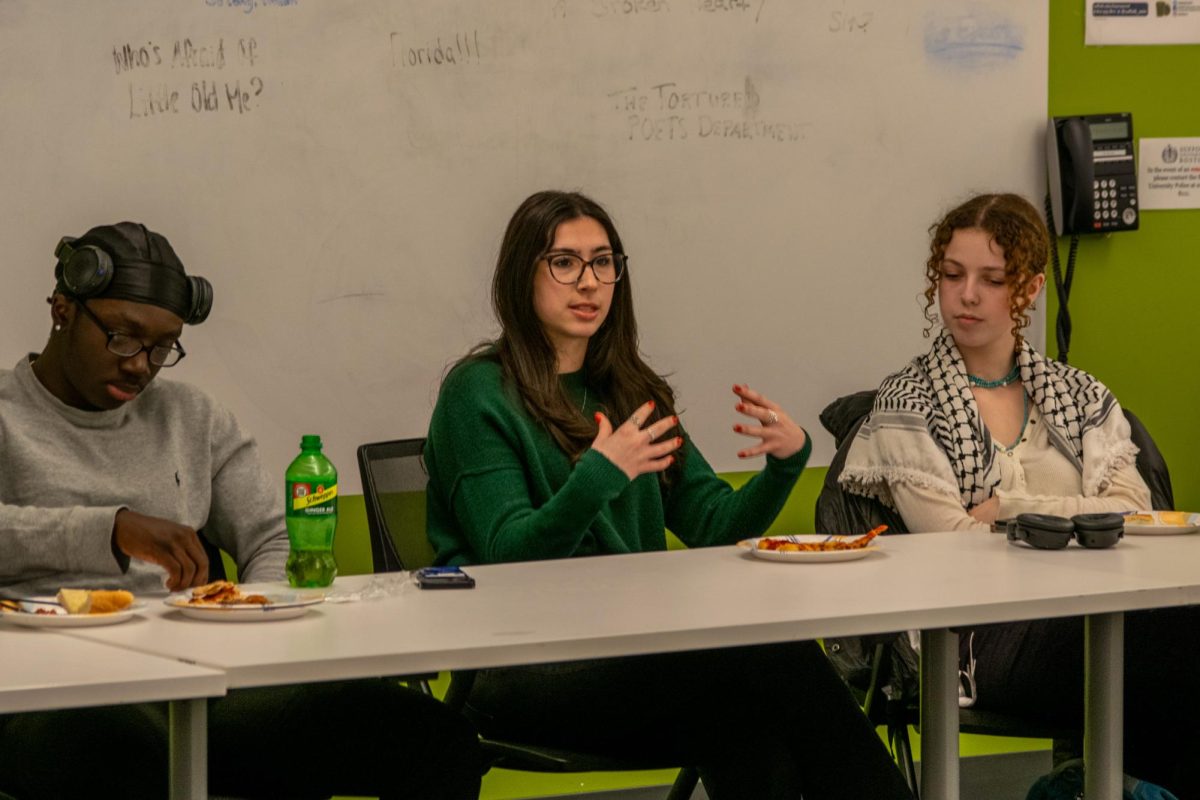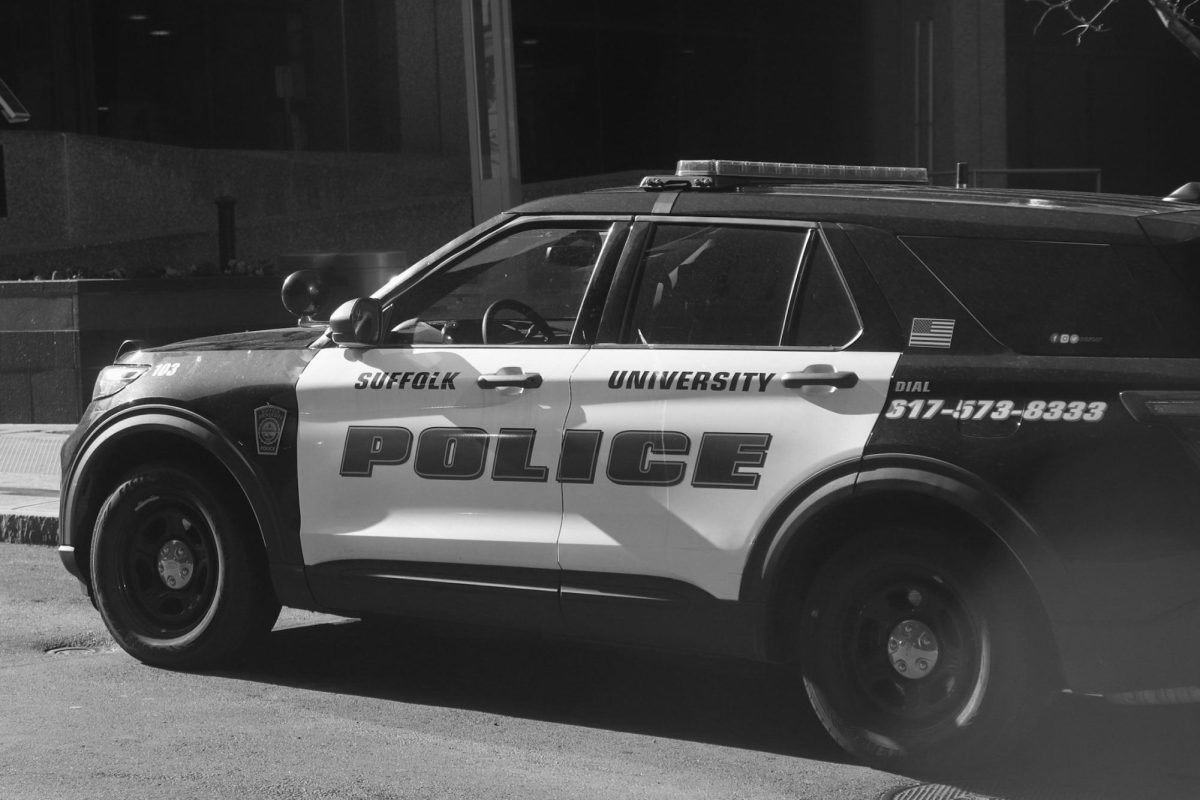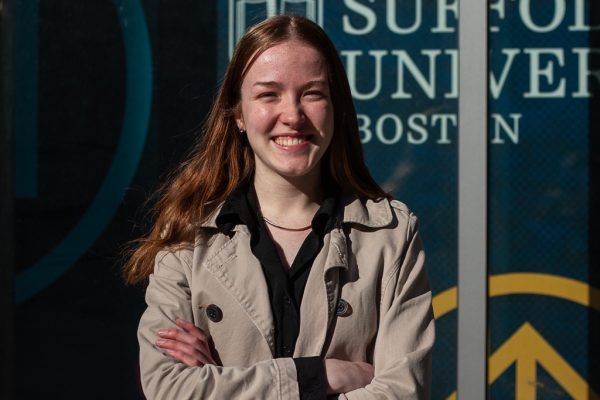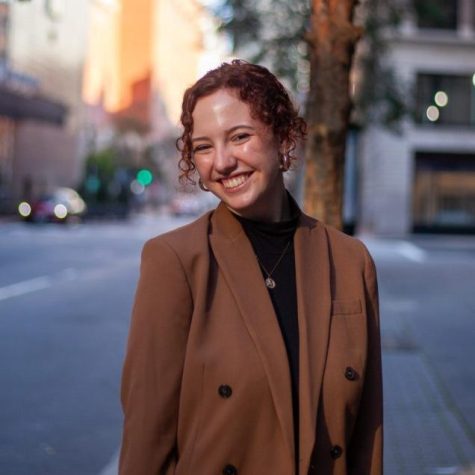In the digital age, simply opening a social media platform can throw a flurry of headlines, information, and opinions at the user, leaving many overwhelmed and uninformed. The solution? Equip every student with the tools needed to navigate the storm.
As a journalism student, I have not only learned how to be a better producer of journalism, but also a better consumer of it; understanding how a story goes from pitch to paper, how journalists go about seeking truth, how business influences decisions of for-profit newspapers and so much more.
By both learning how journalism functions and playing an active role in creating it, journalism education provides so many transferable skills. By learning how to be a better journalist, I now know how to write with clarity and intention across classes and disciplines, how to interact with people in interview settings and how to think critically about the world around me.
This understanding and the plethora of skills I gained from even just my first journalism class stretch so far outside the classroom. By making an introductory journalism class a requirement for all high school students before graduation, we have the potential to create a generation that knows how to be critical and intelligent consumers of media.
When students are engaged in creating journalism, they are encouraged to look at their communities differently: pinpointing the issues that impact people, seeing the people who are working to make change and finding the soul of the community. In a world that has become so disconnected from one another, student journalism offers connection.
We all consume media every day, and the options can be overwhelming – between dozens of news outlets, independent content creators and everyone in between – it can be tempting to narrow the search down to media that confirms what you already believe. This habit, though, creates a dangerous echo chamber effect in which opinions remain unchallenged.
By educating students on how to assess a source and to recognize its reputability and biases, students are let out of the echo chamber it is so easy to get stuck in, encouraging students to educate themselves on the world around them.
With the rise of AI-generated media, having the skills to navigate mis- and disinformation is vital. These skills, unfortunately, are not a common set among adults today. In a study conducted by the Poynter Media Institute, over 60% of those surveyed did not utilize simple fact-checking tactics when reading a piece of misinformation, accepting the first and only source they encountered as true.
This lack of media literacy poses serious practical threats – establishing a society that widely blindly accepts whatever is fed to them, unable to critically evaluate what they are being told about the world around them and distinguish fact from fiction. In the discussion of a study conducted on middle school, high school and college students by Stanford University’s History Education Group, researchers stated that the results left them concerned about the threats to democracy posed by students’ lack of confidence in distinguishing false information from true.
As we consider the curriculum the next generation is educated with, it is imperative that the goal remains to prepare the future of our nation to make educated decisions, provided with the tools to think critically about the world around them.


